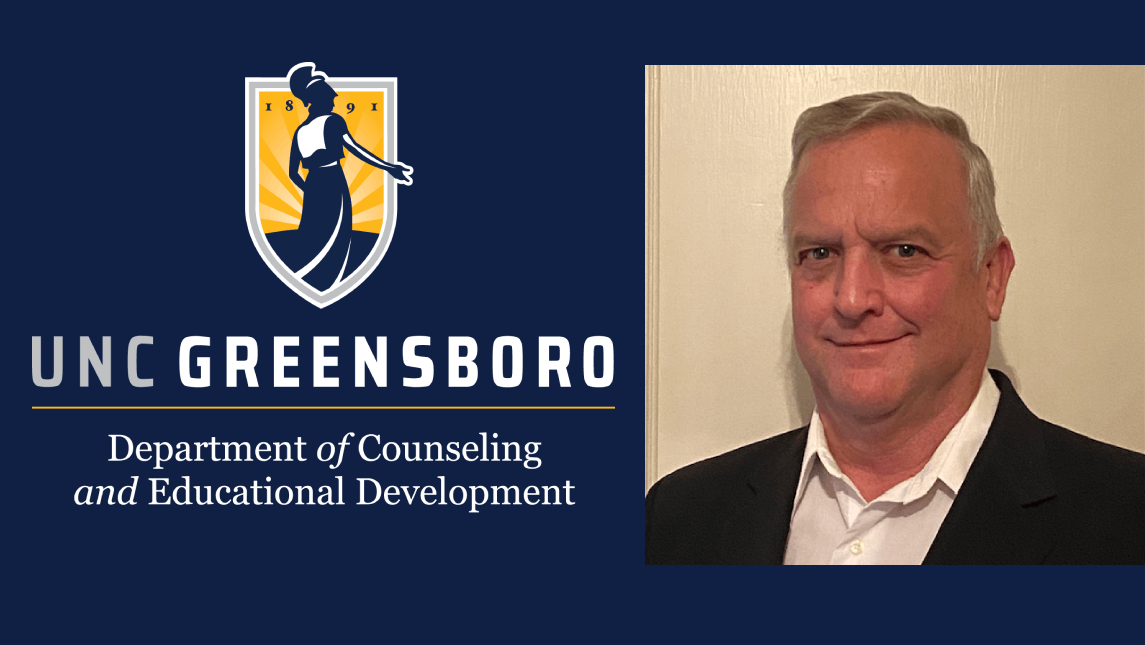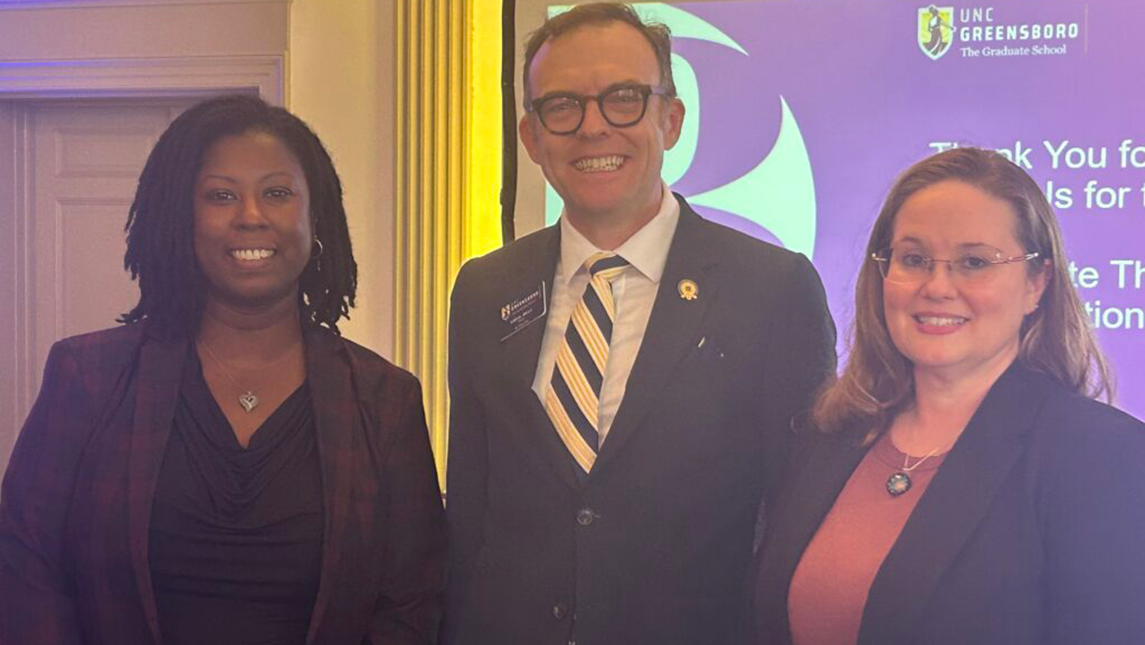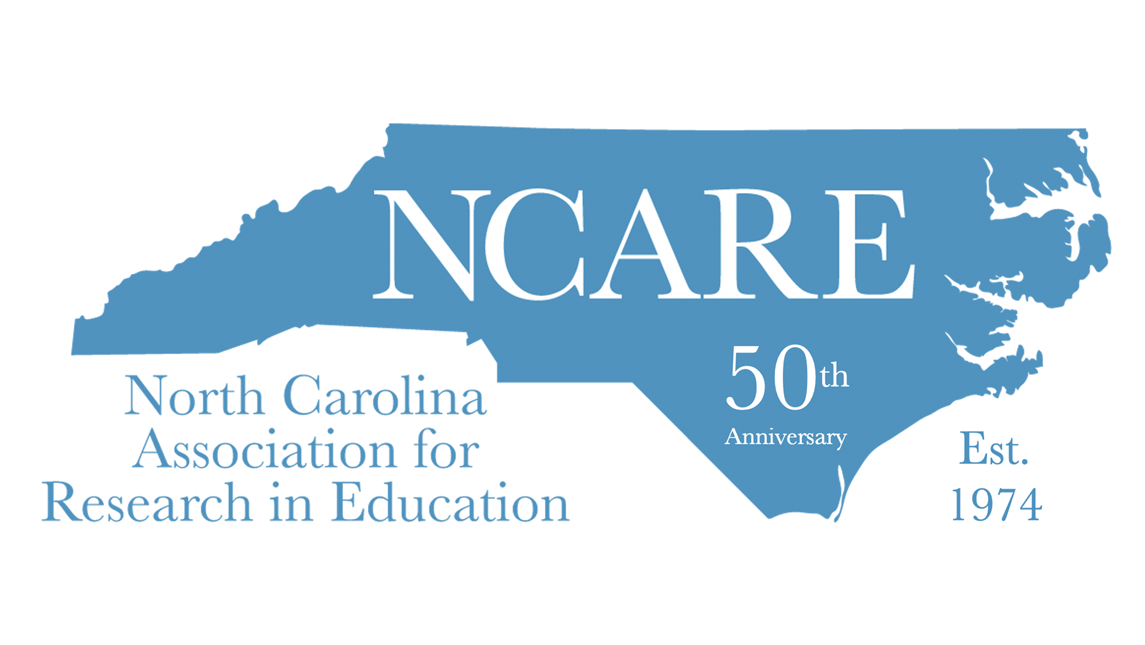Military life can be taxing on the enlisted person as well as spouses and children. As a veteran who spent nearly 10 years in the United States Army, Dr. Steven Boul knows that well.
Boul earned both his master’s degree and Ph.D. from UNC Greensboro’s Department of Counseling and Educational Development (CED) and is putting his skills to use by continuing to serve the enlisted men and women as well as their families as a military and family life counselor. He has spent much of his time in Japan and Korea but has also worked in Poland and Germany.
Having been with his wife Sandy for over 40 years, Boul looks back to a time in when he was stationed in Germany. Sandy was a 22-year-old sergeant’s wife who “would take care of my guys when I brought them home for Thanksgiving and Christmas.” The men were always dressed in their best clothes and constantly called her “Ma’am.” Sandy developed connections to these men.
During a 2011 visit by Sandy to a base in Georgia, the pair drove onto base, the first time she had been in that situation in 30 years. Boul said, “She got really quiet, and when I looked at her, I could see a tear rolling down her cheek as she watched a platoon of soldiers march by. I asked her if she was alright, and she stated, ‘Yeah, I just forgot how much these kids mean to me.’ That pretty much sums it up for me, too.”
Feeling a personal connection to those serving, Boul decided to begin working with military members after the war in Afghanistan began after the 2001 terror attacks.
Of the decision to pursue that field of employment, Boul said, “The short answer would be is that we take care of our own. When you have served it changes you, and you can always recognize a fellow veteran. After the wars broke out in 2001, I knew I needed to get back to working with the military. The military has its own culture and language, and because I can speak it and understand the culture, it makes it easier for me than some of my colleagues to talk with the service members and relate to them. It puts them at ease quicker.”
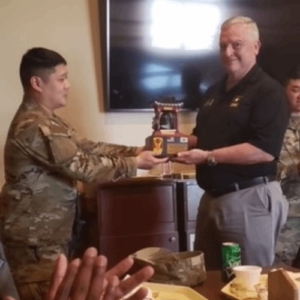
In a profession where individuals often show no weakness, Boul admits that there is still a stigma attached to seeking mental health assistance in the military, but that stigma is lessening. It can be difficult for Boul to break through that “hard shell” that many soldiers display. Getting service members to open up to him before things get too bad can be a challenge.
To counter that, Boul spends part of his time just walking around and holding normal conversations with service members, allowing them to connect with him personally and establish an initial trust.
He adds, “I also do a lot of informal counseling this way. Service members are often more comfortable pulling me aside in a hallway to ask about something bothering them than coming to my office.”
Boul is not only available to service members, but also to their families. Spouses feel strain as the deployments separate them from their loved one, often having to act as a single parent and working within the military structure on their own.
Boul said, “Birthdays, anniversaries, and holidays are often spent separated. In addition, every two to five years they are reassigned to a new base, uprooting the entire family, and forcing them to start over in a new base, and make new friends. So, we teach ways to stay connected while separated, how to do self-care, how to form support networks with other spouses and family members. We also teach them how to recognize when the stress levels are too high and where to seek help. A lot of what we do is to act as a resource management person, directing them to available services to help them deal with their issues.”
While Boul also faces some of the same challenges as the service members, including extended time away from family and missed events, he feels that it is a rewarding career. Being able to help people through tough times, from personal demons to a rough patch in a marriage, is what motivates him.
He said, “I get to help some great young people live better, happier lives. There is no better feeling than when you see a couple put their relationship back together. I was working with a young couple with an infant child that were having some serious marriage issues. They were able to work through it, and when they were leaving to return to the States, they gave me a card. Inside, the husband had written, ‘Thank you for saving our family.’ It doesn’t get better than that.”
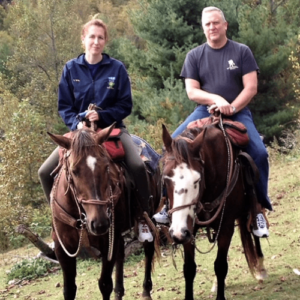
Boul has seen how the treatment and discussion of mental health issues has changed in the military from when he served and did not have access to these services. While noting that it is still an “uphill battle,” Boul believes that younger generations are much more open to talking about potential mental health issues. With that, the military has become more responsive to those seeking out treatment and counseling.
Without his time at UNCG, Boul may not be helping as many people as he does today. His position requires him to be a licensed clinician, and he earned that through the school’s CED programs. He spent an extra year in the marriage and family track, something he describes as “especially beneficial” to the work he performs today. He is one of just a few counselors in his program with an education specific to marriage counseling.
In an organization such as the military that puts an importance on rank, holding a doctorate gives Boul initial respect.
Boul says the program “prepared me to get in front of a classroom and teach, to prepare presentation and classes, and to prepare lesson plans. I do a lot of psychoeducation on different mental health issues, so the doctoral program prepared me well for that aspect of my role.”
He fully encourages those considering a counseling doctoral program to take a hard look at the highly respected UNCG program. Boul said, “The education is one of the best in the country. It is a lot of hard work though, so it is something that should not be taken lightly. The CED program really prepared me to be the best counselor I could be, and I appreciate that when I am helping my service members heal and grow.”
